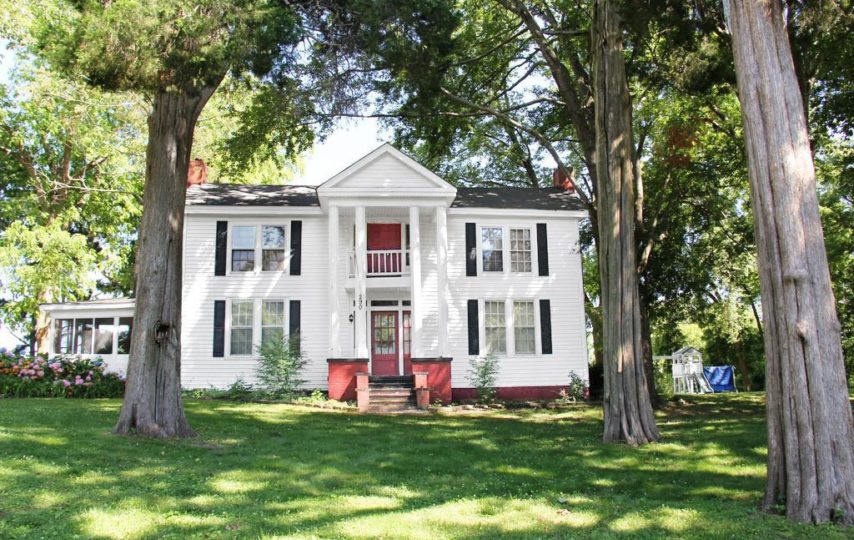When buying a condo in Florida, it’s important to understand the different aspects of the purchase. Condominiums can be residential, commercial, or a mixture of both, and each unit is individually owned but comes with communal rights to use the surrounding areas and grounds. Damon Becknel, an experienced entrepreneur and land developer believes that, before buying, make sure you know what restrictions are in place for the building you’re interested in and how you plan to use the condo. You should also receive a copy of the Declaration of Condominium or condo docs- this is mandatory regardless of whether you’re buying a resale condo, key-ready condo, or pre-construction condo. These documents can be over 500 pages long and register with the State. Make sure to read them thoroughly before making any decisions!
Here are a few things to look for when buying a condo in Florida.
Every HOA Comes with a Recurring Fee
An HOA fee is a monthly or annual fee charged to both unit owners and renters. These fees are commonly used to pay for the costs of maintaining the common areas of a building to make sure they’re clean, safe, and up-to-date. The entire community also benefits from shared amenities like pools, fitness centers, parking garages or lots, elevators/lifts, tennis courts- basically anything that takes wear and tear but isn’t exclusive to any one individual owner. Fees can run anywhere from $100/month to over $500/month depending on how much upkeep needs to be done on exterior property pieces like roofs, paint jobs, etc. Don’t forget about these fees when you’re buying!
Not All HOA’s are Run the Same
Every HOA has a Board of Directors or a Condo/HOA committee that oversees common areas’ financials, maintenance,, and upkeep. Unit owners elect these groups to represent their interests. In some buildings, every owner gets a vote; in others, it’s limited to those who own multiple units or “key units.” You should ask yourself how many votes each person is entitled to before buying. If you’re only allowed one vote but own three units that can be sold at any time, does that mean your opinion means less?
An HOA’s Budget and Reserve Can Tell You a Lot
Like a household budget, HOAs have a financial plan that dictates what expenses need to be taken care of and how much money should be set aside each year. Reserves come from regular maintenance fees paid by unit owners. The larger the reserve fund is, the better shape the building will be in later on down the road. In Florida, condo docs state that units must have an HOA with a minimum reserve fund of $200/month per unit- regardless of whether or not they’re occupied! If an HOA has only been around for a few years without enough time to build up significant reserves, it can make plans difficult as nothing goes untouched once it’s gone.
Condos Aren’t Independent Units
Some condos are completely independent units- this is known as a pure condominium. Others are attached/share walls, floors, or utility systems with other condo units- these are called apartments in some states. Because of the way condos are built, there’s often limited access to exterior areas, which can pose problems if more than one unit owner wants to use an outdoor space, e.g., the rooftop patio. Some buildings have roof decks that all residents can access, but it depends on the floor plan and the location of the building itself.
It’s Often Cheaper to Insure a Condo Than a Home
Condominiums are often cheaper to insure because they’re considered a “dwelling unit” and not an entire house or home. This makes it easier for insurance providers to get a better sense of the risk involved, especially if more than one unit is in the building. Always check with different providers before signing any contracts- you might be pleasantly surprised by the rates compared to what your homeowners’ policy would cost!
Final Thoughts
As with any major purchase, it’s important to know everything you can before spending any money. Condo buildings are often marketed as high-end luxurious buildings, but that doesn’t mean they all have standards at the same level. Make sure to check out HOA fees, reserves, and any shared amenities before buying so you don’t get surprised by unexpected costs down the road.













